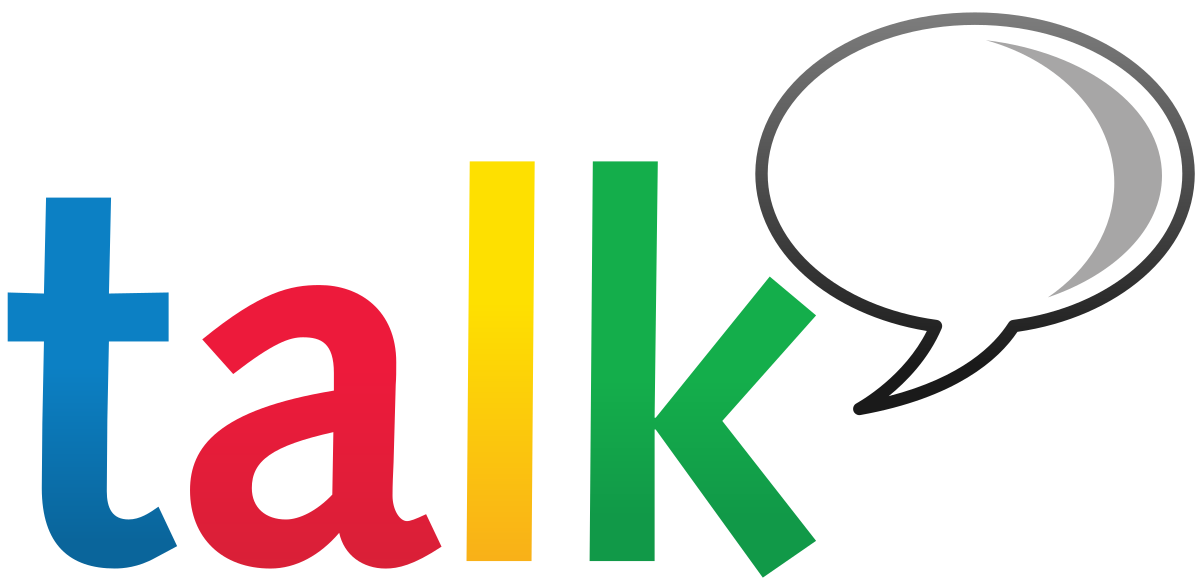Is decentralization and open interoperability completely hopeless?
I want to look at a few historical examples here:
RSS

RSS is a protocol for collecting information automatically. Essentially you would find a publication anywhere on the web that you wanted to "subscribe" to, mostly a blog like this one, or a podcast, or even a social media feed, get the RSS feed (a URL) and your RSS client (this could be your phone, your laptop/desktop, a personal home server, a remote server hosted by someone else, etc.) would go and visit that site and get updates periodically, and serve them to you. It was created in 1999, and reached a critical mass in ~2005-2006.
This feature was super popular in Google's "Reader" app:

But alas, like so many great things Google has created, it was discontinued in 2013, in favor of Google's much-less-private "Google News", which of course used Google's proprietary protocols.

These days it's nearly impossible to find news RSS feeds. If they do exist, it's usually by accident, created by the author's CDN, like WordPress. And if they do have RSS, it's usually completely invisible on their page, and the feed itself is nothing more than a title and a couple of sentences. Reading more requires actually visiting the site hosting it and being subjected to their ads, automatic video players, and data-mining.
RSS still has a bright future in podcasting. Almost every major podcast has an RSS feed. However, that is very much under attack by Spotify. I won't go too much into this, but fortunately it does appear that they are failing.
ActivityPub is a valid replacement/successor to RSS. Very similar, but bidirectional. Users can leave likes and comments, etc. directly on your blog using this protocol on their favorite fediverse platform like Mastodon. In fact, this very blog uses ActivityPub (as well as RSS). However I had to manually expose RSS, it was not visible by default, even though it's there, hidden on the page. And Ghost does not expose any of the interactions publicly on my page, you can only view them from your Fediverse/ActivityPub platform, which both are super disappointing for an otherwise very "open" platform.
XMPP

XMPP was one of the first private and secure "chat" protocols. Much like RSS, it was also introduced ~1999 (man those were some good times...). Much like email, it was also federated.
XMPP was adopted by a chat app called Google Talk in 2005.

But alas, like so many great things Google has created, it was discontinued, also in 2013, in favor of Google's much-less-private "Google Hangouts" (which was also later discontinued but I'll try not to drone on about the Google graveyard) where, of course, XMPP was removed. Or never added, however you want to think about it. And replaced with Google's own proprietary messaging protocol. Say goodbye to talking to your friends using XMPP on any other platform.
Email (AKA SMTP)
While theoretically "open" and "federated", Google and Microsoft hold ~70% marketshare of the entire email system. The biggest problem with that? Spam filters. If you try to take advantage of the open SMTP protocol, and make your own domain, on your own platform, when you send an email to a friend on Gmail or Outlook, they analyze the content and go "what is this? I don't know, better mark it as spam" or simply refuse to deliver it at all, and thus your deliverability is crippled, and your personal email server/domain is virtually useless. Ask me how I know.
Conclusion
A common thread you'll see in all of these examples is that they were originally very popular, but popularity has only waned over time. When corporations remove these open systems from their platforms and users are forced to choose between them and their corporate-controlled shitholes to deliver these services, they are overwhelmingly choosing the latter. The problem is not that a solution does not exist, the problem is fundamental among humanity and the problem is called apathy.
We have these free and open choices, protocols, and some of them even reach great heights of success, but are ultimately killed off by a combination of greedy corporations and apathetic users. They are not growing, they are dying. Still in existence, as at the end of the day, as intended, they are nothing but protocols; an established method of communication. They don't require any kind of company or server or investment to continue working.
What hope is there for any future protocol that we create when history tells us that no one cares, and users constantly opt out of them and into corporate garbage en masse?





